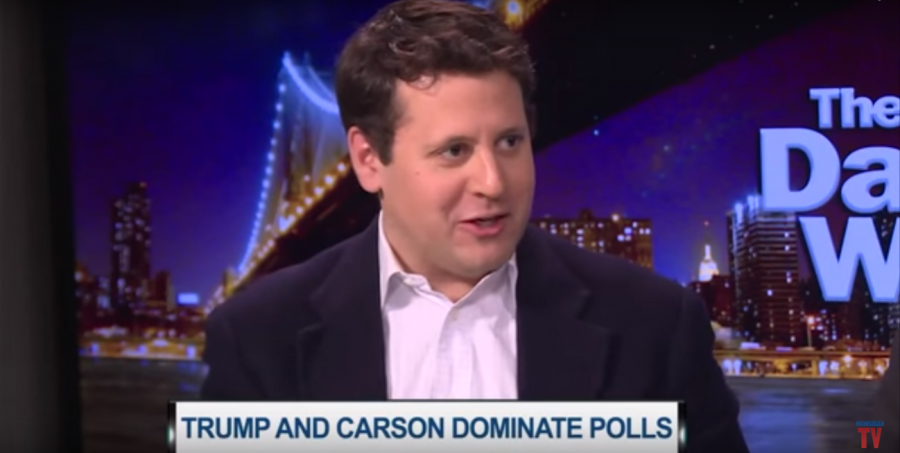In a wide-ranging interview with Blaze Books in connection with his newest title, Inventing Freedom: How the English-Speaking Peoples Made the Modern World, outspoken British MEP Daniel Hannan provided his insights on American exceptionalism, Western governmental defaults, why he is bullish on the West in spite of such defaults, and a whole host of other topics. Below is our interview, conducted via email. The interview has been slightly edited for clarity.
What would you say to critics who argue that there are strong bedrock principles that have come from cultures outside the Anglosphere (or to paraphrase the President, that he believes “in American exceptionalism, just as I suspect that the Brits believe in British exceptionalism and the Greeks believe in Greek exceptionalism”)?
Hannan: The President was right about one thing. Most Brits do indeed believe in British exceptionalism. But here’s the thing: we define it in almost exactly the same way that Americans do theirs. We believe it resides in certain values and institutions, such as the rule of law, free contract, secure property, jury trials, personal liberty, regular elections, habeas corpus, and uncensored newspapers. In Greece, as in pretty much the rest of the world, people expect – indeed demand – far more intervention from the state. That’s why they’re in the mess they’re in. Come to think of it, maybe it wasn’t a coincidence that the President, back in 2009, cited Greece in that answer: with a $17 trillion national debt, he seems pretty keen on taking America in that direction.
It seems as if Anglosphere principles are being implemented to some degree more faithfully by folks in the East than the West. Do you see this trend occurring? What are the implications?
Hannan: Anglosphere principles are transportable. They are passed on through intellectual exchange, not gene flow. They are why Bermuda isn’t Haiti, why Hong Kong isn’t China, why Singapore isn’t Indonesia. But it’s striking that, in the league table of economic freedom, the top four territories are all common law and Anglophone: Australia, Hong Kong, New Zealand, Singapore.
One topic that you do not mention in Inventing Freedom is the effect of the Israelites, Greeks/Romans and others on our political system. Do you see Anglosphere roots in these peoples, or otherwise care to comment?
Hannan: I don’t claim that we invented the idea of law. When Moses came down from Sinai, the fathers of the English were still grubbing about with their pigs in the cold soil of northern Germany. What we invented, rather, was the extraordinary idea that the law is the property of the people. Think of that commonplace, yet peculiarly English, phrase ‘the law of the land’. Not the king’s law, nor God’s law, but the law of the land – the patrimony of every citizen. Even now, people raised in the European Roman-law tradition are astonished by our beautiful, anomalous common-law system. They can’t get their heads around the idea that, instead of writing down a law and then applying it to particular cases, the law grows up, like a coral, judgment by judgment. It’s the property of the people as a whole, not of the state: an ally of freedom, not an instrument of government control.
Nor do I claim we invented democracy: the rooting about with the pigs thing was still going on when Cleon and Demosthenes were making their speeches. But we invented the idea of personal freedom within a democratic system – a very different tradition to the Continental one, inspired by Herder and Rousseau, which elevated the will of the majority over the rights of the individual and which, in the end, whelped the two misshapen pups of fascism and communism.
Our system worked. Anglosphere countries never fell to revolution or dictatorship. Our countries never elected a single fascist legislator, and no more than half a dozen revolutionary socialists. We made the defense of freedom everyone’s business, and people responded.
Read more at TheBlaze…







